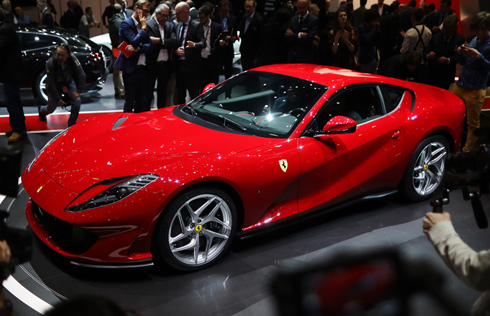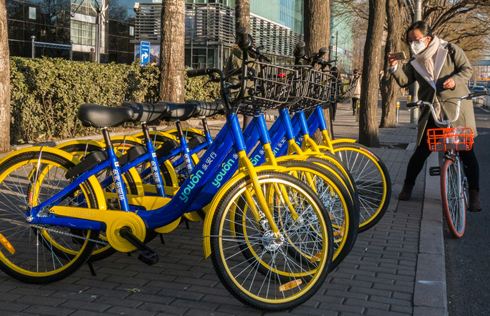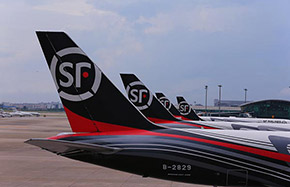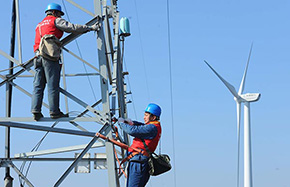Aluminium use in mass market autos to surge
(Agencies) Updated: 2013-04-18 17:27LONDON - Alcoa expects to more than triple its sales of aluminium sheet to automakers by 2015 as they reduce car weight by substituting it for steel in car bodies, an Alcoa executive said.
Revenue from auto sheet - mainly used in car bodies - is expected to surge to $580 million by 2015 from $160 million last year, Randall Scheps, global automotive marketing director, said in a telephone interview.
"It is moving from the very expensive, luxury vehicles into the mass market vehicles. That's what so exciting about what's going to happen in the next two or three years," Scheps said.
Car makers are being forced to cut weights of cars to meet tough emission standards. Aluminium is a third of the weight of conventional steel but more expensive.
The steel and aluminium industries are in a high stakes battle to supply auto companies, with many car makers using advanced high-strength steel because of its lower costs.
Aluminium has already made inroads in the auto market through extensive use in engine blocks, heat exchangers, transmissions and wheels but still has scant presence in doors, bonnets and wings.
The exception has been in top-end vehicles such as Audi, Jaguar and Range Rover, which have used aluminium in bodies and been able to absorb the higher costs.
In terms of tonnage, the use of aluminium auto sheet for bodies in North America is expected to quadruple to 420,000 tons by 2015, and aluminium used elsewhere in cars to grow by 15 percent to 2.66 million tons, Alcoa said.
"Out to 2015, those programmes and vehicles are already designed ... those decisions are already made. It's as close to reality as a projection can be," Scheps said.
Ford pickup
Scheps declined to name the car companies, which the industry calls OEMs (original equipment manufacturers), that are boosting use of aluminium in mass-market autos due to confidentiality agreements.
According to people familiar with the matter, however, Ford plans to do so for its popular F-150 pickup, looking to shave an average of 700 to 750 pounds through extensive use of aluminium as well as a redesign of components including brakes and axles.
A Ford executive has said the company is exploring the use of lightweight materials including aluminium and high-strength steel across its lineup.
New technologies have helped aluminium adapt to the demands of speedy assembly lines, so that it can move to mass market autos.
Alcoa's new 951 bonding technology is a pre-treatment that enables car makers to use adhesives in high-volume applications instead of labour-intensive mechanical fasteners and welds.
That 951 technology in being incorporated into a $300 million automotive expansion at Alcoa's Iowa plant and will be used in a sheet rolling automotive facility at the group's new joint-venture Maaden smelter in Saudi Arabia, Scheps said.
Aluminium use in autos in China, the world's fastest growing car market, will be driven at first by European joint ventures, said Scheps, who is also chairman of the Aluminum Association's Transportation Group.
"It's very early days in China. We certainly see the German OEMs very interested in making the shift in their Chinese operations, but for the local Chinese OEMs it is a little early."
While some analysts have questioned whether Alcoa should continue to run a downstream business, Scheps said the commitment was still strong to produce manufactured components, not just primary metal.
"Our chairman has made it very clear that we are committed to an integrated company and that there's value in the 'Alcoa advantage' where the primary and the downstream businesses are connected."
- Chinese groups file record number of patents in Europe
- Top 10 richest Chinese on Hurun's list 2017
- Global business leaders' outlook on China's economy
- Fujian: A new star on ancient maritime silk road
- Global passenger demand growth signals strong start for 2017: IATA
- Chinese dominate foreign visitors in Indonesia's Bali in January
- China willing to deepen cooperation with ASEAN: FM
- Chinese heavy equipments take center stage at 2017 CONEXPO

















